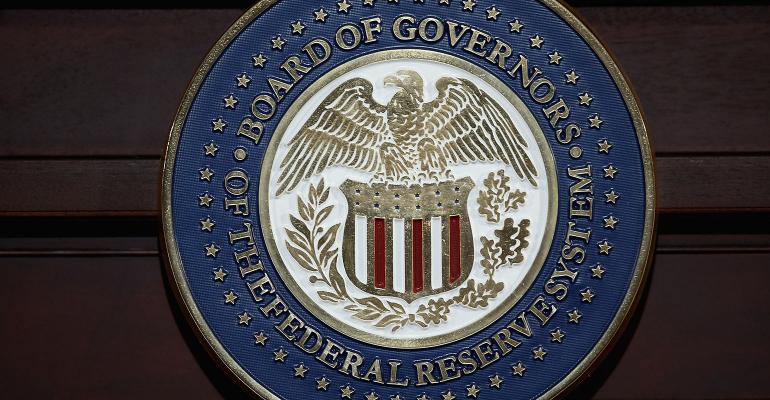The long-anticipated increase in the Federal Reserve’s key interest rate materialized this week when the Federal Reserve announced it will raise the target range for the federal funds rate to between 0.5 and 0.75 percent, citing a strengthening labor market, inflation approaching 2.0 percent and anticipation that the economy will expand at a moderate pace over the next few years. Yet real estate industry insiders did not anticipate much of a negative impact on the sector as the increase has been expected for a long time and in many cases, already priced into current transactions.
“The move has been so widely telegraphed, and anticipated, that it is not likely to have a significant short-term impact on borrowing rates,” said Jamie Woodwell, vice president of commercial real estate research with the Mortgage Bankers Association (MBA), in an official statement.
The bigger news was the Fed’s announcement that it plans to raise rates three times in 2017. Borrowers who have not locked in long-term fixed financing will now need to keep a close eye on the rates, Woodwell, notes.
The increase in the cost of capital may also “motivate investors” to put their money to work sooner rather than later, notes Steve Hovland director of research with Irvine, California-based real estate investment firm HomeUnion.
For the time being, however, the increase may end up as a non-event for the commercial real estate industry, according to Jim Costello, senior vice president with New York City-based research firm Real Capital Analytics (RCA). With the belief in the market that Trump administration policies will lead to higher economic growth and corporate profits, real estate investors may be willing to accept lower spreads against 10-year Treasuries on deals, Costello notes.
However, “the first 100 basis points against the Treasury has already been absorbed, and we may see increase in investment risk now that we are past that,” he adds. “Maybe we will see less activity in core assets and more in value-add.”
With commercial property fundamentals in the U.S. continuing to show strength, “rising interest rates don’t necessarily lead to rising cap rates, especially in the short term,” says Spencer Levy, head of research for the Americas with real estate services firm CBRE. “Given that the U.S. remains a magnet for global capital, cross-border capital flows could offset some domestic softening in cap rates.”
The Fed’s reasoning
Yellen said the “modest” increase was “appropriate,” considering where the economy stands now, and that, “we continue to expect that the evolution of the economy will warrant only gradual increases in the federal funds rate over time.”
Median projections are for the federal funds rate to increase to 1.4 percent by the end of 2017, 2.1 percent by the end of 2018, and 2.9 percent by the end of 2019, Yellen said. However, she characterized the economic outlook as “highly uncertain,” and said that assessments would be adjusted “in response to changes to the economic outlook and associated risks.”
At 4.6 percent, unemployment is at its lowest level since 2007, Yellen noted during the press conference. The Fed projects inflation will rise to 2.1 percent in 2017 and stay around the 2.0 percent mark through 2018 and 2019.
Not a shocker
The announcement didn’t take the market by surprise. As December 14 drew near, many financial and investors assumed an interest hike was near.
In the long-run, the Fed’s forecast for a moderate (read: blah) trajectory of the economy remains,” Stifel Financial’s Chief Economist Lindsey M. Piegza said in a statement. “A second-round interest rate increase… has essentially been fully priced into the market… What happens next in terms of the longer-term trajectory of policy remains a large question mark.”
How U.S. monetary policy will unfold in 2017, under a new Presidential administration, is up for debate, according to media reports.
"They're afraid that we're now at the point where the economy is so close to full employment that they'll get more inflation than they want, so they're gradually taking their foot off the monetary accelerator,” David Wessel, director of the Hutchins Center at the Brookings Institution, told NPR earlier in the week.
“Yellen’s hands are tied, and will be, until there’s more policy certainty from the incoming president,” Robin Bhar, analyst with Societe Generale SA, told Bloomberg.
But Yellen brushed aside reporters’ questions regarding Trump, saying during the press conference that she fully intends to serve her four-year term.

